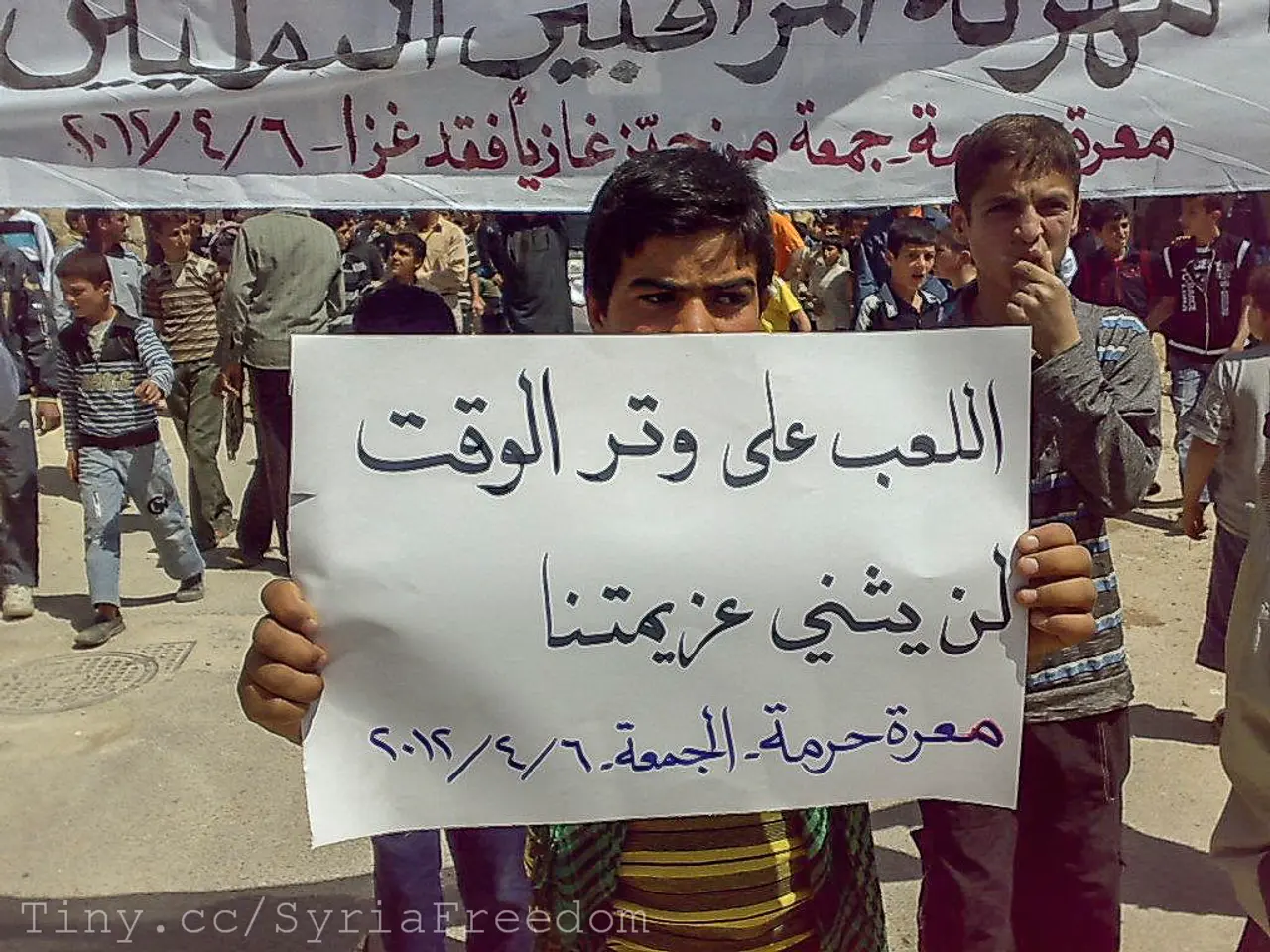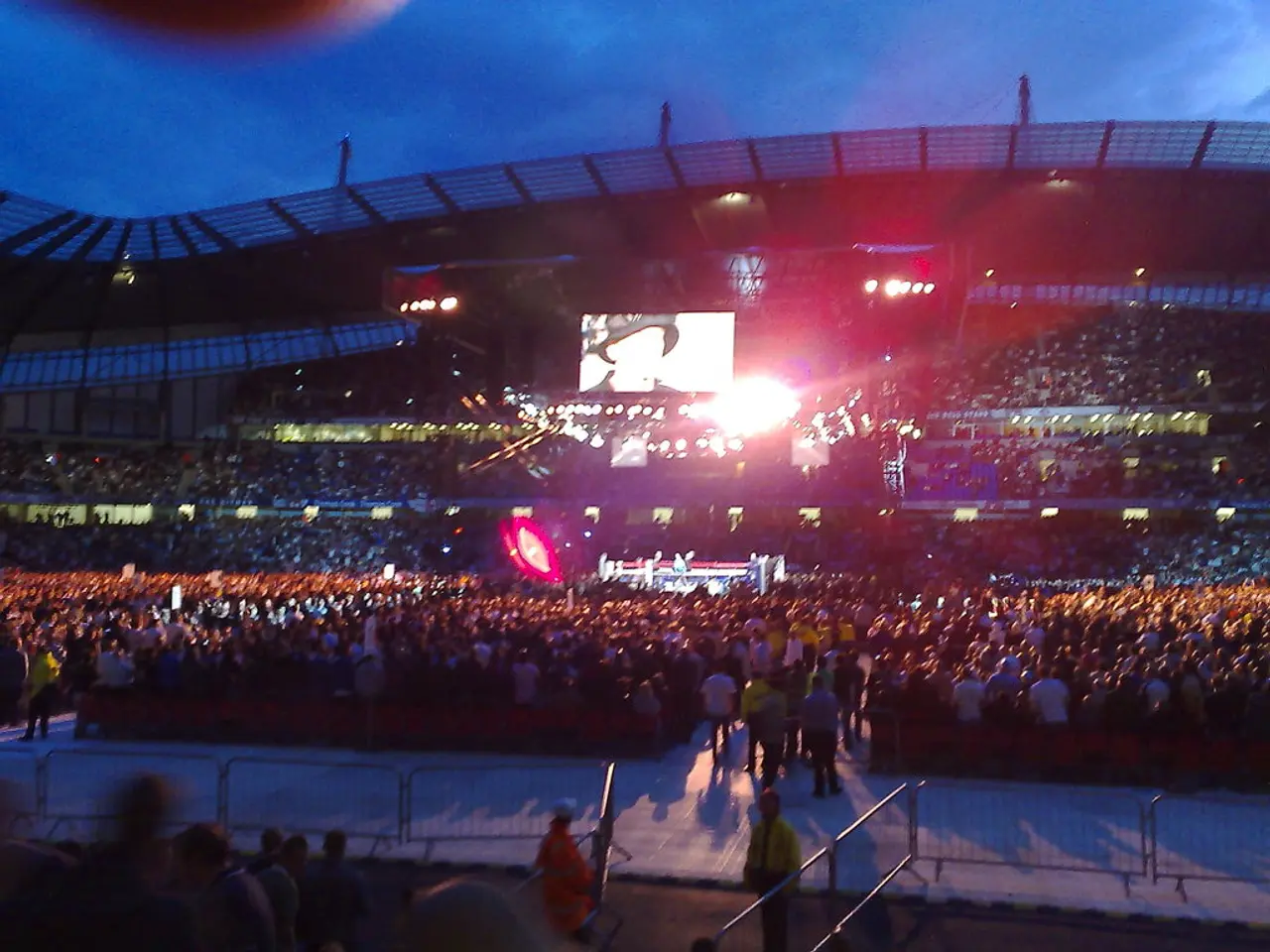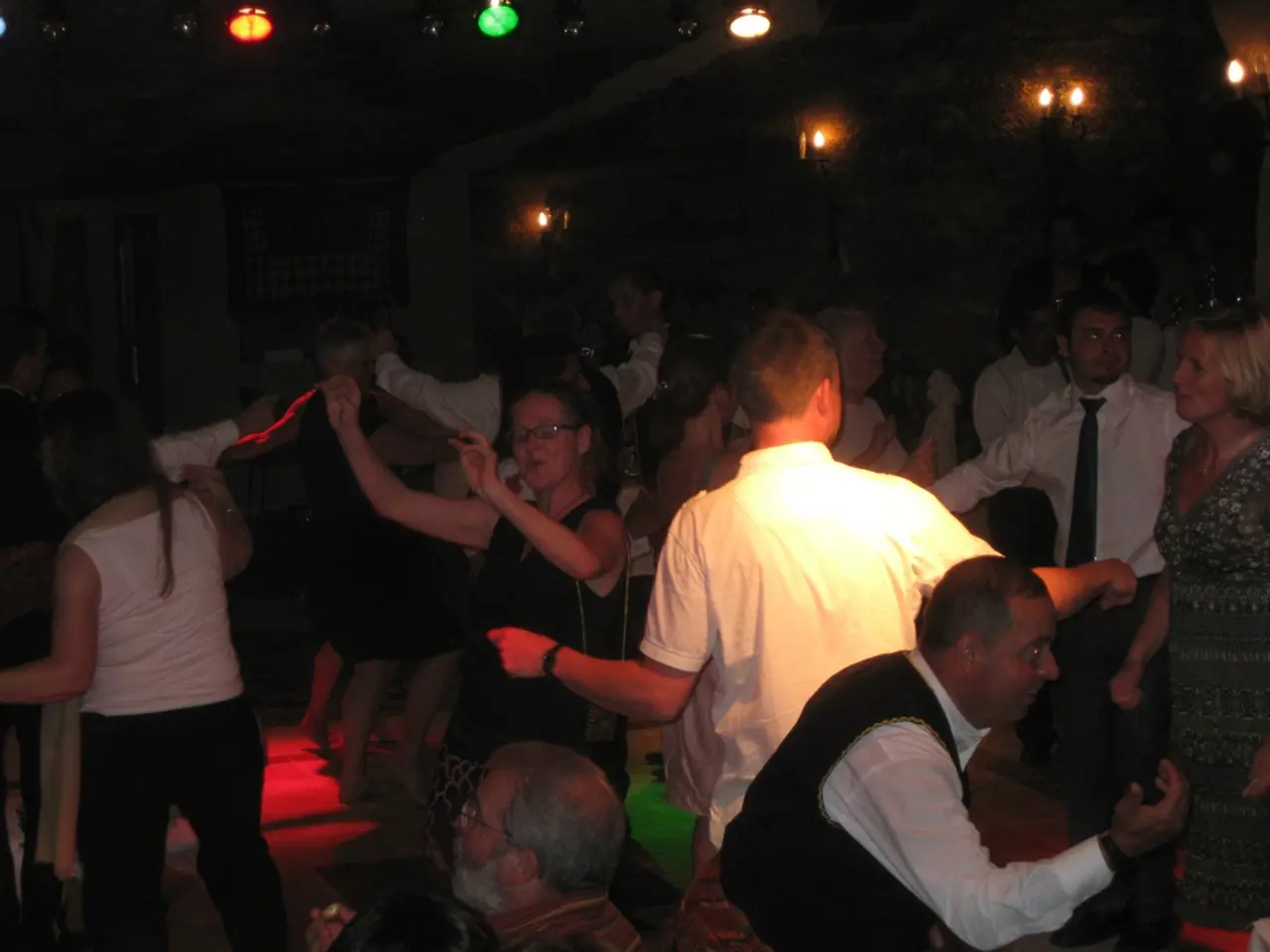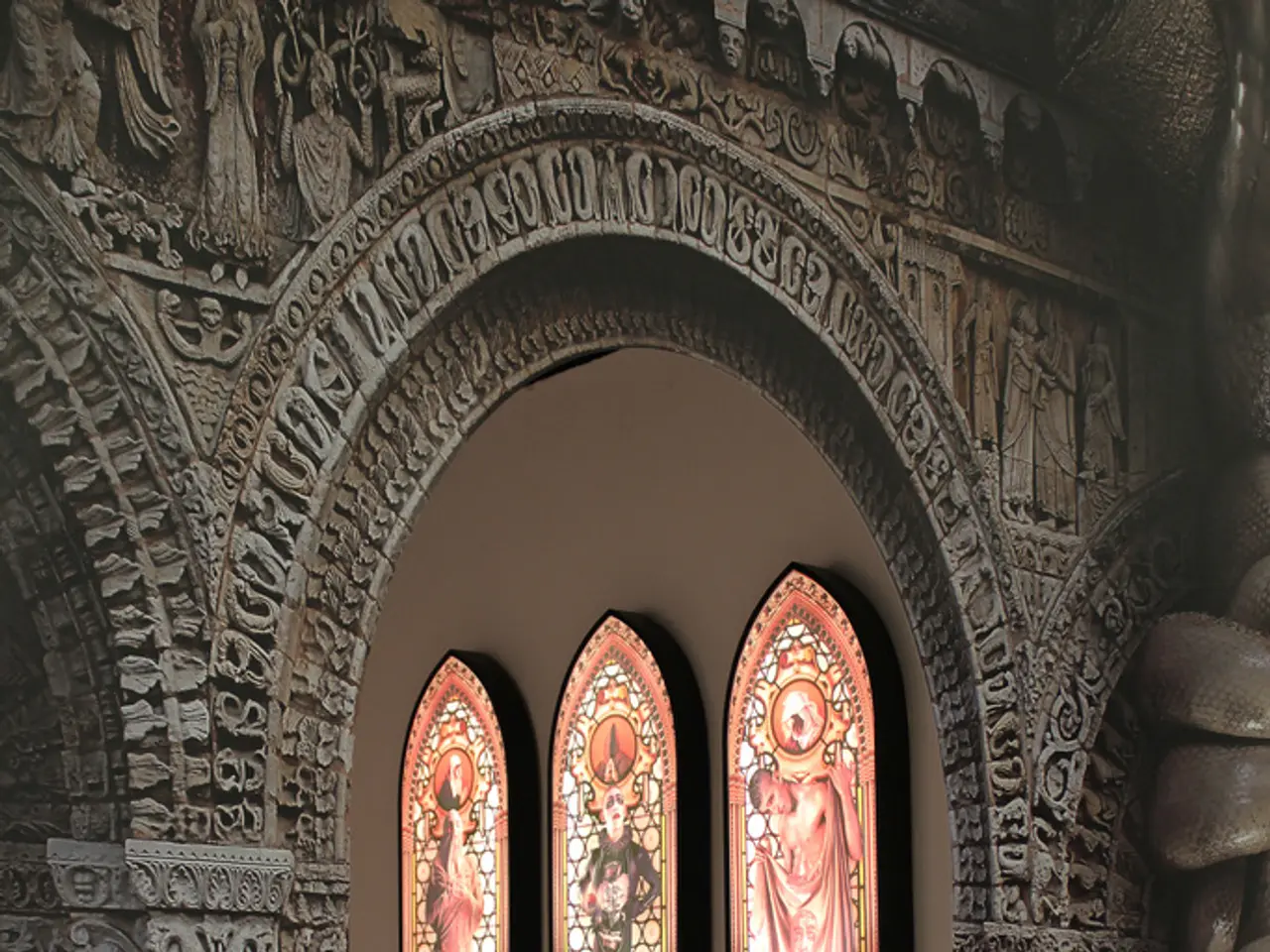Marchers in Tens of Thousands Converge at Berlin's Pride Parade Celebration
In the heart of Berlin, the annual Pride parade took place on Saturday, but the event was marred by controversy as the rainbow flag was not raised on the German Bundestag building.
The decision to withhold the flag, symbolizing diversity and LGBTQ+ rights, was made by Bundestag President Julia Klöckner, from the conservative Christian Democrat party. She argued that the move was necessary to maintain "neutrality" of the parliament building and to avoid political demonstrations there.
This shift in policy marked a departure from the previous approach under the former Bundestag president, who allowed the flag to fly and participated in LGBTQ+ events. The move has been met with criticism from opposition parties and activists, who view it as a diminishing of queer visibility and rights at a time when LGBTQ+ communities face rising attacks and far-right gains in Germany.
The parade, which commemorates the Stonewall Inn uprising of June 28, 1969, considered the birth of the modern Pride movement, saw a large and political demonstration. Approximately 80 floats and over 100 groups participated in a march to Berlin's Brandenburg Gate.
However, the event was not without incident. A pro-Palestinian demonstration took place concurrently in Berlin-Kreuzberg, with 10,000 participants. The demonstration was broken up by police after officers were attacked and anti-Semitic slogans were shouted. As a result, 17 police officers were injured, and 57 were arrested, including participants in the counter-demonstration and those associated with the parade itself.
The controversy surrounding the rainbow flag's absence was further fuelled by activists who unfurled a 400-square-metre flag on the lawn in front of the Bundestag to protest the decision.
Thomas Hoffmann, a member of the board of the CSD Berlin association, spoke about the importance of taking to the streets with vigor to set an example for freedom, tolerance, and equality. He stated, "For the first time in the history of queer rights, we are not fighting for new rights but to defend existing rights."
Vice President of the Bundestag, Josephine Ortleb, spoke at the opening of the event, emphasizing the rainbow flag's significance. She stated, "The rainbow flag stands for solidarity, acceptance, and human rights for all, values that the German Bundestag also stands for."
The rising number of anti-queer crimes in Germany is a cause for concern. According to a 2024 report from the Criminal Police Office and the Ministry of the Interior, the number of crimes in the areas of "sexual orientation" and "gender diversity" had increased almost tenfold since 2010. Many of these crimes are believed to still go unreported.
Despite the challenges, the spirit of the Pride parade remained strong. Hoffmann's words encapsulated the sentiment of the day, "We will not be silenced. We will continue to fight for our rights and for a world where everyone is free to be themselves."
[1] https://www.dw.com/en/german-parliament-bans-rainbow-flag-from-flying-on-bundestag/a-62468107 [2] https://www.reuters.com/world/europe/germanys-bundestag-president-bans-rainbow-flag-flying-on-parliament-2023-05-22/ [4] https://www.thelocal.de/20230522/germanys-bundestag-president-bans-rainbow-flag-from-flying-on-parliament-building-sparks-controversy-over-lgbtq-rights/
\n\n
[Image: Berlin Pride Parade 2023]
[Caption: Despite controversy surrounding the absence of the rainbow flag on the German Bundestag, thousands took to the streets in Berlin for the annual Pride parade.]
- The annual Pride parade in Berlin, despite being shrouded in controversy due to the absence of the rainbow flag on the German Bundestag, demonstrated a strong spirit as thousands gathered to march for freedom, tolerance, and equality.
- Amid growing concerns over rising attacks against the LGBTQ+ community in Germany, the decision by Bundestag President Julia Klöckner to withhold the rainbow flag on the parliament building was met with criticism, particularly from opposition parties and activists who view it as a diminishing of queer visibility and rights.
- In the digital realm, social-media platforms buzzed with discussions about the rainbow flag's absence at the German Bundestag, bringing the issue of LGBTQ+ rights and political neutrality to the forefront of entertainment, general news, crime-and-justice, and political discussions among its users.






